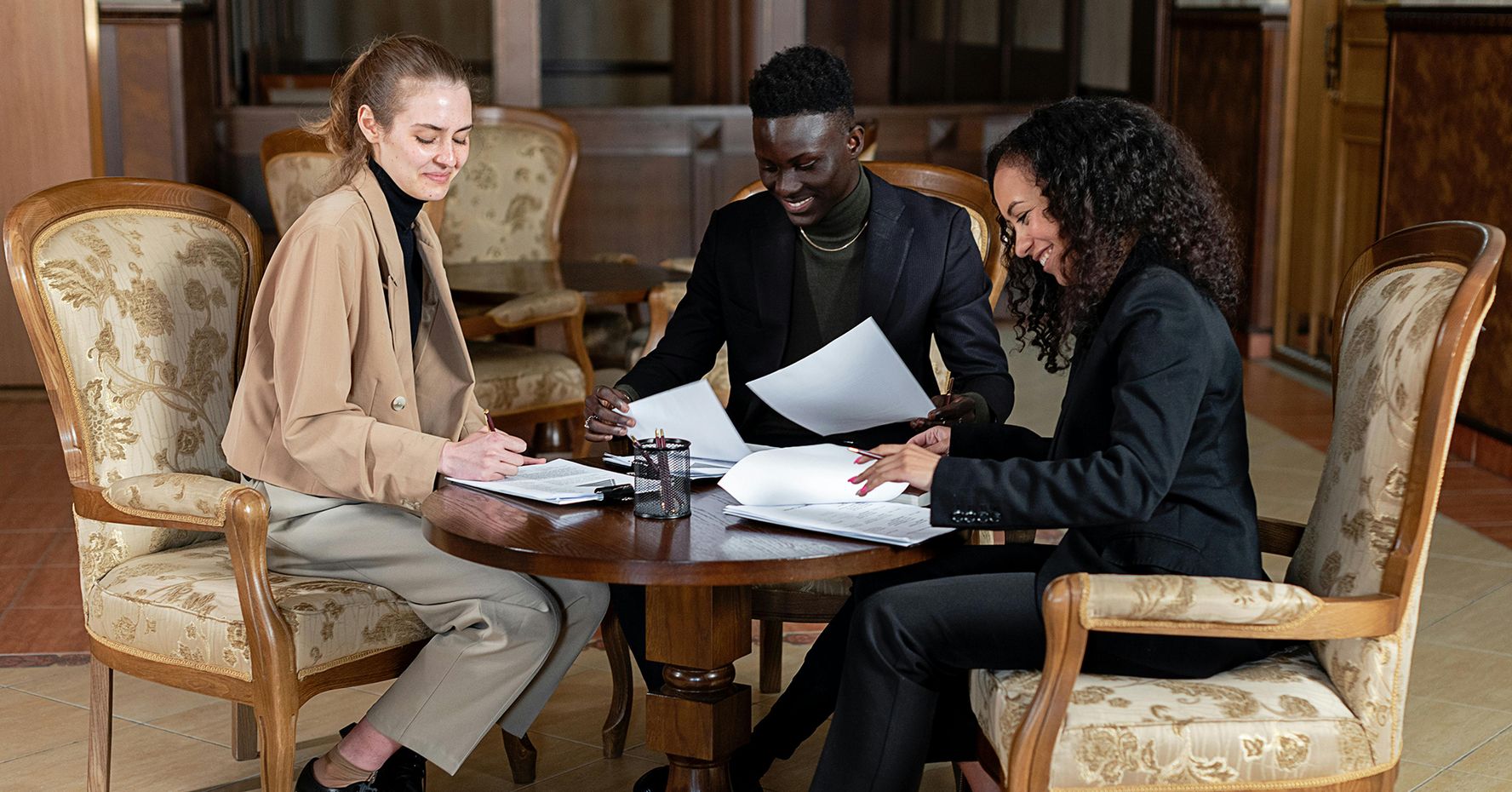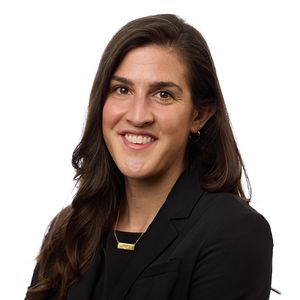The Racial Justice and Movement Lawyering Clinic provides legal support to organizations, coalitions, and campaigns seeking to advance racial and social justice. This one-semester, six-credit course includes both practice-based fieldwork and a weekly seminar addressing theories, methods, skills, and frameworks related to law and social change.
Clinic projects vary based on the goals and priorities of our clients and community partners, but generally involve challenging forms of criminalization, exploitation, and marginalization. A unifying theme of these projects is that they are undertaken in partnership with people who are directly impacted by racism and oppression and who are organizing towards a future where all can thrive.
Clinic Fieldwork
Student work often involves: conducting legal research; creating model legislation or advocacy documents; drafting an amicus brief, white paper, policy report, or public comment; participating in coalition meetings; and/or presenting at workshops or events.
Examples of past projects include:
- Drafting amicus briefs addressing topics such as the criminalization of protest, access to courts, and racial subordination within the criminal and family regulation systems (see below);
- Working with a community organization to co-develop strategies for meaningfully accompanying people who are navigating court proceedings;
- Facilitating workshops with a community organization’s members to co-develop the organization’s policy agenda and develop specific policy proposals;
- Creating advocacy materials to support efforts by indigenous tribes in Washington to change sentencing laws that had a disproportionate and adverse impact on indigenous people;
- Contributing to a website with legal research and advocacy materials addressing harmful and racialized impacts of felony murder and accomplice liability laws.
FACULTY
STUDENTS TAKE THE FOLLOWING COURSES
FAQ
Who is eligible to apply?
What skills can students expect to learn?
Who does this clinic seek to support?
What kinds of projects can students expect to undertake?
RECENT ADVOCACY WORK
Public Comment Urging the FDA to Safeguard and Expand Access to Mifepristone
The RJMLC partnered with the Immigrant Rights and Human Trafficking Clinic and the Program on Reproductive Justice to file a comment urging the FDA to protect and expand access to the abortion medication Mifepristone. The comment demonstrates that restricting the availability of mifepristone has devastating health consequences, which are amplified for communities that already face barriers to accessing reproductive healthcare. The comment emphasizes the impact of these restrictions on survivors of violence, young people, Black and Brown communities, immigrants, rural patients, the uninsured, and those facing poverty and disinvestment.
Public Comment Opposing Criminal Background Checks for Emergency Assistance Shelter Applicants
The RJMLC (formerly called the Antiracism & Community Lawyering Practicum) filed a public comment that would exclude people from the emergency shelter system based on certain prior criminal offenses. Our comment shows that criminal records reflect a variety of factors—including racially biased policing and prosecution practices and other structural inequities—that are wholly unrelated to community safety. Moreover, the proposed amendments pose a particular risk of arbitrarily excluding survivors of domestic violence, abuse, and trafficking from emergency shelters, which is especially concerning where survivors require such shelter as a means of escaping violence.
Massachusetts Survivors Act
The RJMLC partnered with the BU Law Immigrants’ Rights and Human Trafficking Program and a coalition of organizers, advocates, and community members to draft the Massachusetts Survivors Act —a bill that would allow criminalized survivors of abuse, sexual assault, or trafficking to seek pretrial diversion or a sentence reduction if they can show their transgressions were related to their experiences of abuse. More information is available on the The Massachusetts Survivors Act website, which includes testimony provided by survivors as well as scholars and advocates.
Challenging Felony Murder Laws
The RJMLC has provided legal support to community partners seeking to challenge felony murder laws, which impose extreme punishments for unintended harms. RJMLC students have engaged in research and legal analysis illustrating the disproportionate burdens of these laws on Black and Brown communities, drafted a fact sheet and model legislation to repeal felony murder laws, and shared stories from people impacted by felony murder laws. Students have also drafted amicus briefs on this topic.
AMICUS BRIEFS
Feet Forward v. Boulder, 2025 CA 110 (CO Court of Appeals, May 2025)
Amicus brief regarding a Boulder ordinance that imposes criminal punishment for sleeping outside with a blanket or tent. The brief argues that the ordinance violates the Colorado constitution because any criminal punishment for the status of being unhoused or the act of sleeping outside is cruel and excessive.
CRC v. Walker (M.D.N.C., December 2024)
Amicus brief addressing First Amendment concerns about a lack of access to family court in North Carolina.
People v. Dalen Joseph (NY Appellate Division, First Department, December 2024)
Amicus brief addressing excessive punishment imposed pursuant to the felony murder doctrine given evidence of racial bias in the administration of New York’s felony murder law and the trial court’s finding regarding the unavailability of a justification defense with respect to felony murder.
State v. Beamon (Fulton County Superior Court, Oct. 2024)
Amicus brief addressing First Amendment concerns about racketeering charges brought against 61 people allegedly tied to protest efforts opposing the construction of a police training facility in Georgia (Stop Cop City).
Commonwealth v. Derek Lee (PA Supreme Court, April 2024)
Amicus brief addressing the unconstitutionality of mandatory life-without-parole sentences for people convicted of felony murder—a doctrine that does not require a finding that the accused killed or intend to kill anyone. The brief presents data and social science research suggesting that such sentences are influenced by racial bias and therefore violate the state constitution’s prohibition against “cruel punishments.”
Commonwealth v. Danny Rogers (MA SJC, Feb. 2024)
Amicus brief addressing (1) the availability of judicial review of wrongful verdicts—including those influenced by racial bias—pursuant to Massachusetts Rule of Criminal Procedure 25(b)(2); and (2) the admissibility of expert evidence about person’s past experiences of racism where those experiences are relevant to the person’s mental state at the time of their alleged offense.

